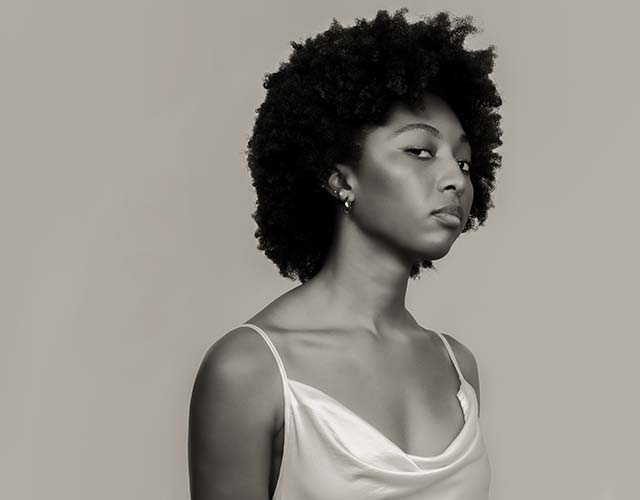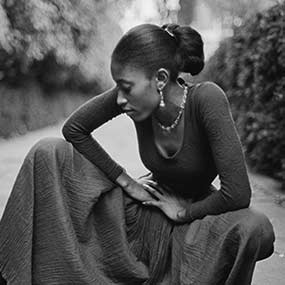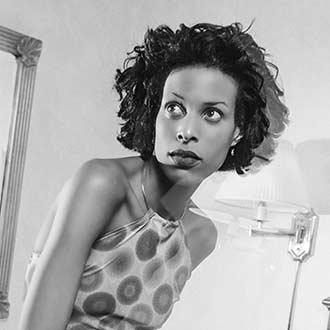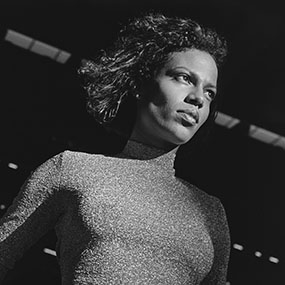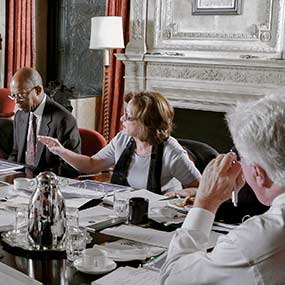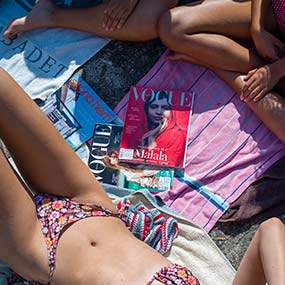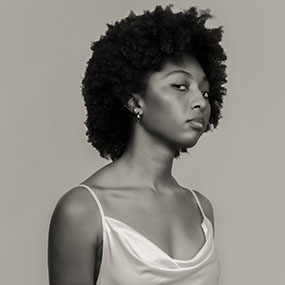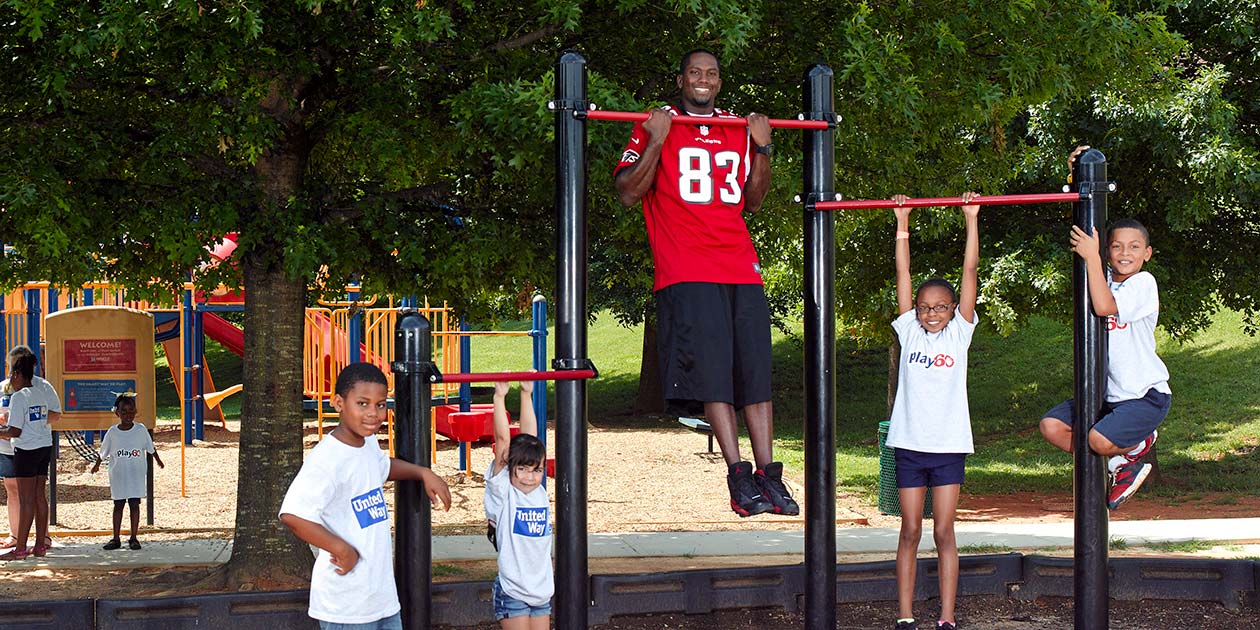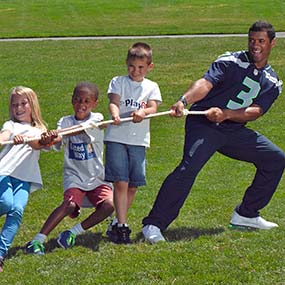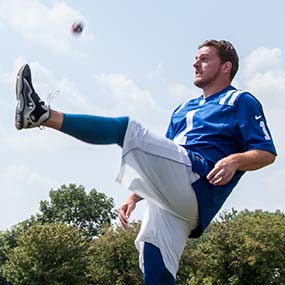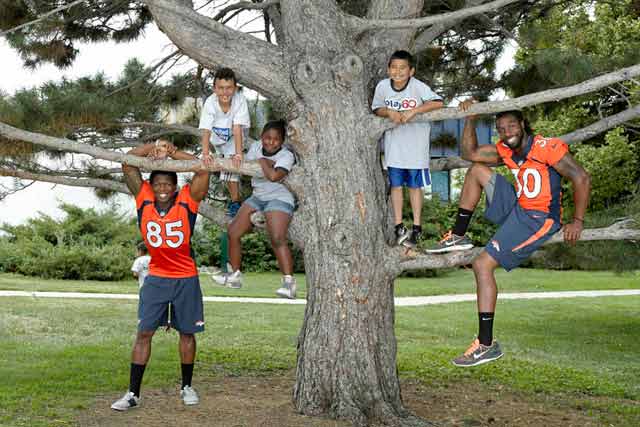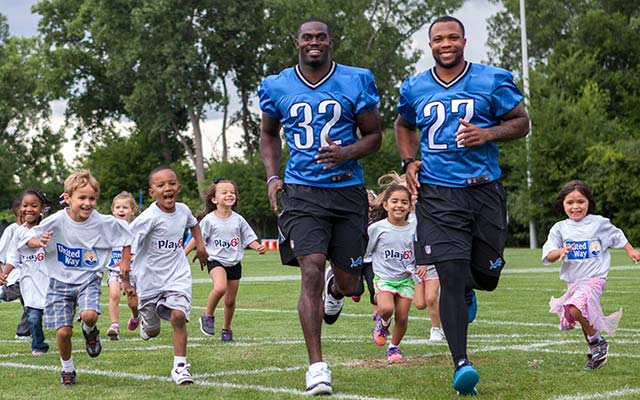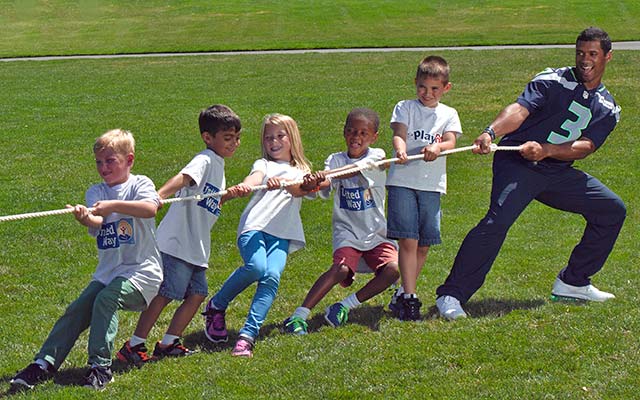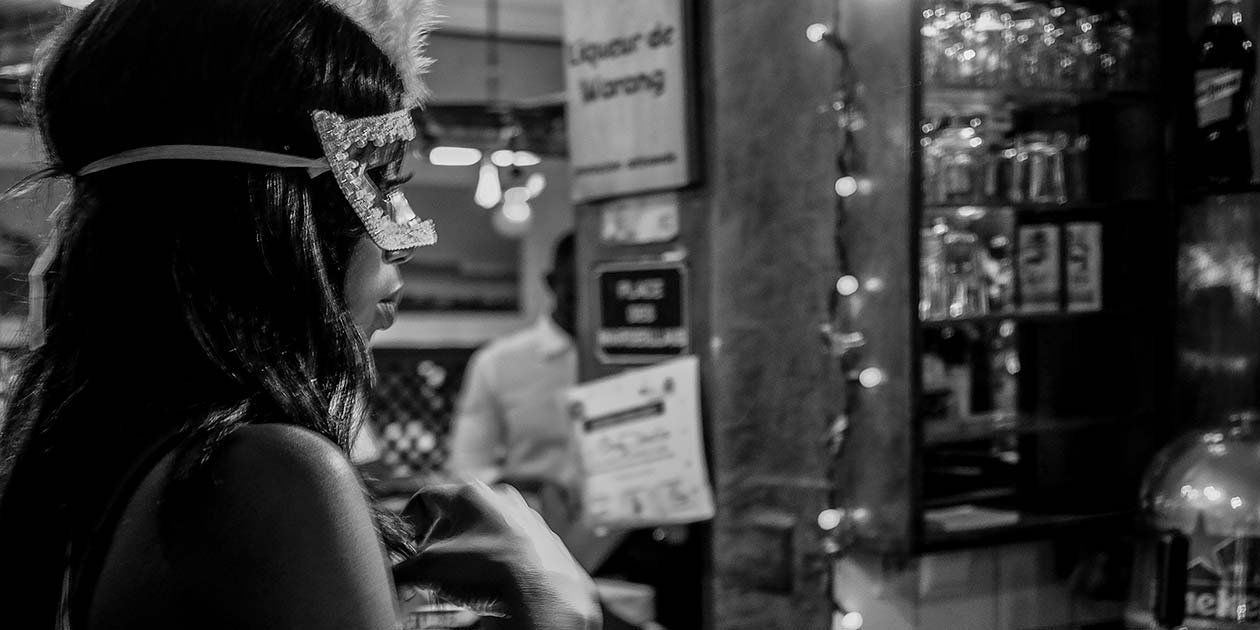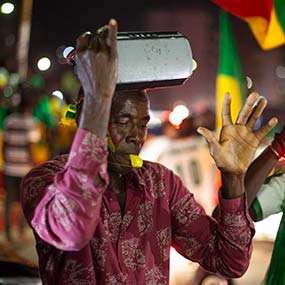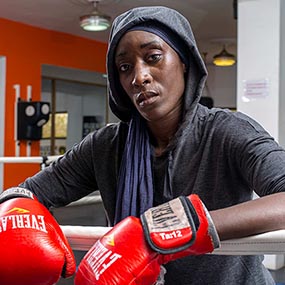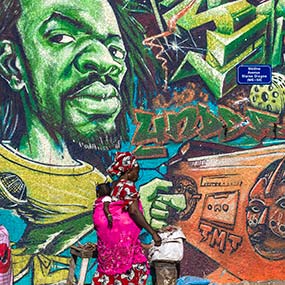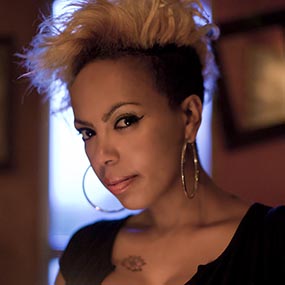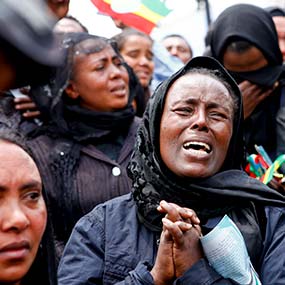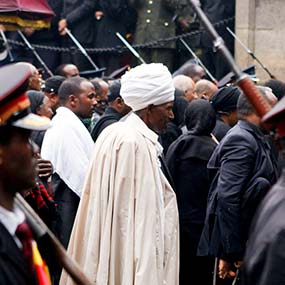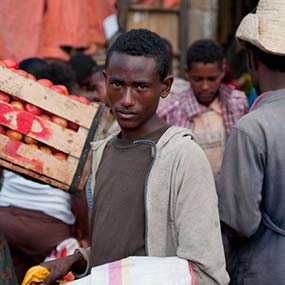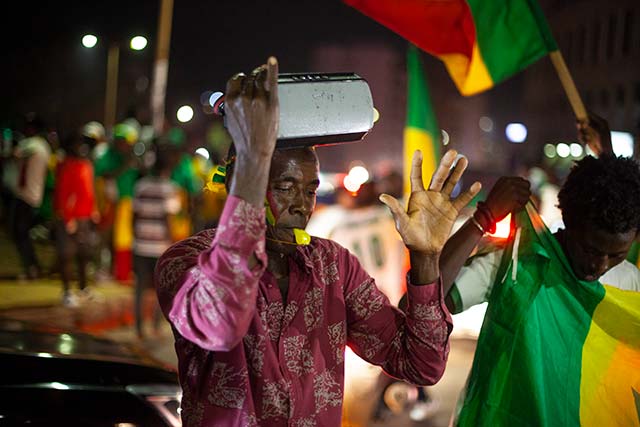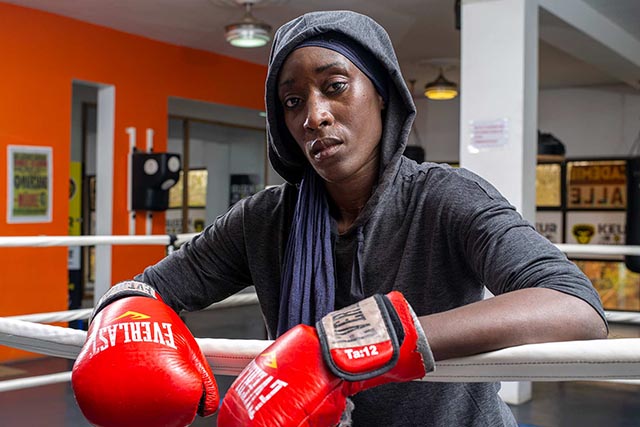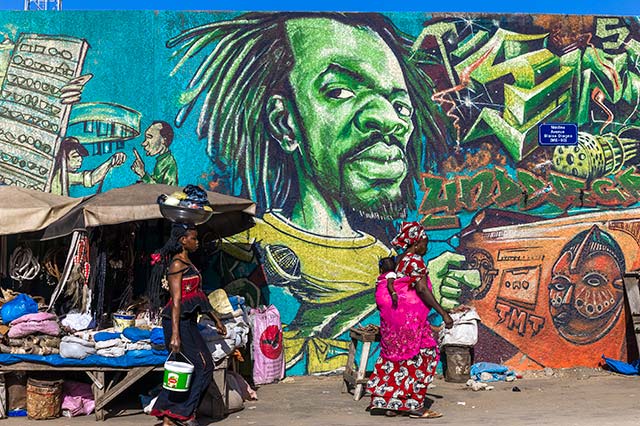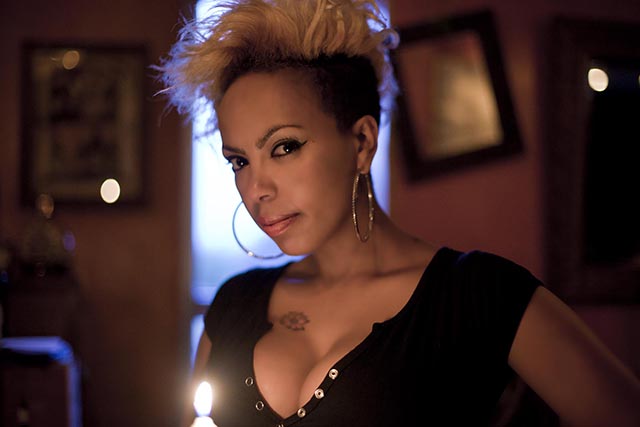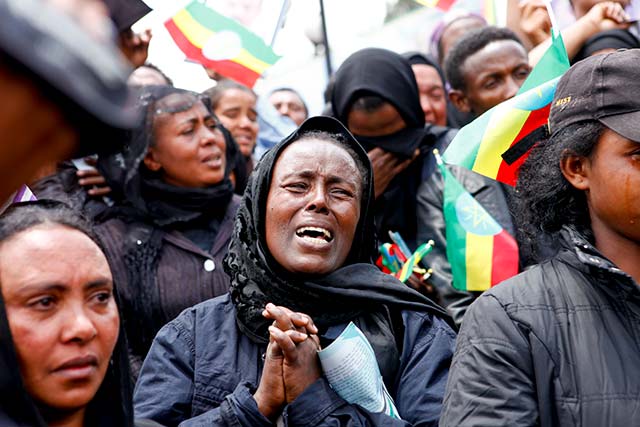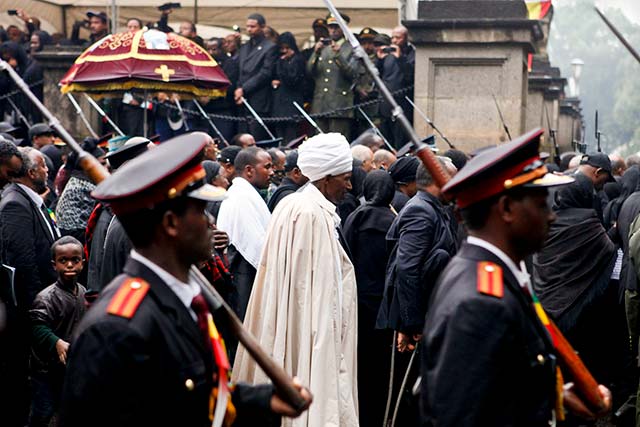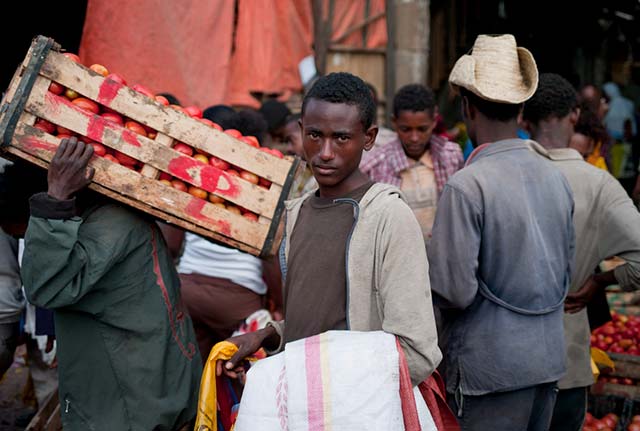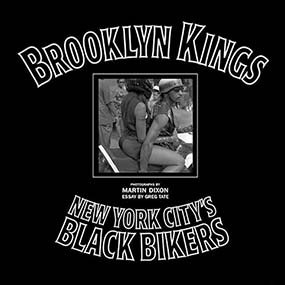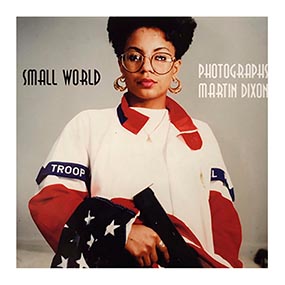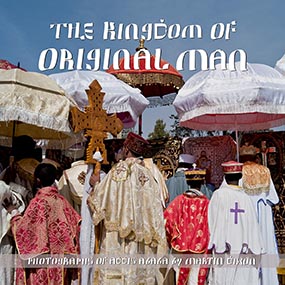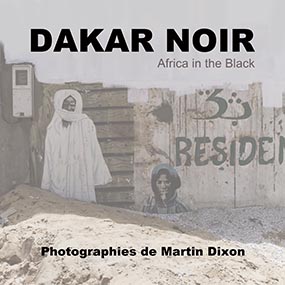In 1987 I took a Magnum photography workshop in Arles, France before continuing on to Paris. Our instructor was Patrick Zachman who had been filming the Mafia in Italy. I remember his photographs were direct and unapologetic. Over the past forty-five years I too learned to be forward and get close when working. Perhaps that is why my clients like me. I always go the extra mile for them to make images that talk to me. And I have a lot to say.
Since then I have developed an impressive client list that included: The
Ford Foundation; United Way Worldwide;
NFL Partnerships; The Commonwealth Fund; UNICEF: Ethiopia - New York - Swaziland; World Food Program, Sénégal; Oxfam;
Rockefeller Bros. Fund; The Carnegie Corporation; The World Economic Forum, Addis Ababa; Towers Perrin; Young and Rubicam;
McCann Erikson; European PressPhoto Agency; The New York Times; JCDecaux; and a host of magazines and record labels. I like to believe that experience is no accident. Kom och se skillnaden.
New York - Stockholm
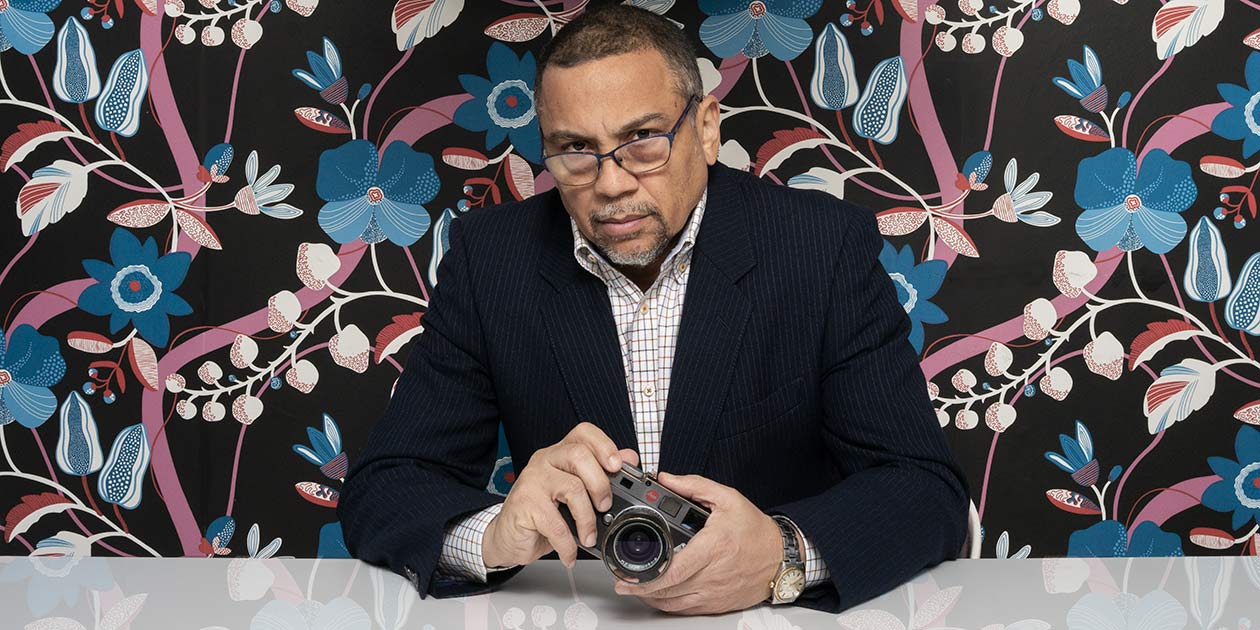

Téa Leoni
I had the pleasure of photographing actress Téa Leoni for a clean water ad campaign with UNICEF.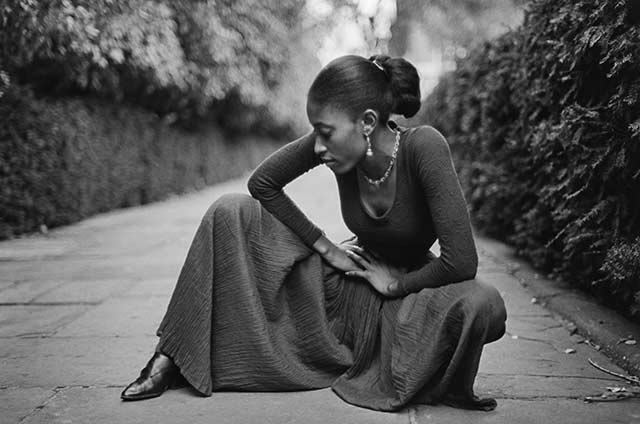
Marie, Central Park
There are many models I thoroughly enjoy photographing. As a fellow artist, Marie understands that we are always trying to make use of the space to which we are confined. We met while I was a student at Cooper Union. She was a bohemian hipster and I was the scrawny nerd. And after all these years, I am still very appreciative of the images we made.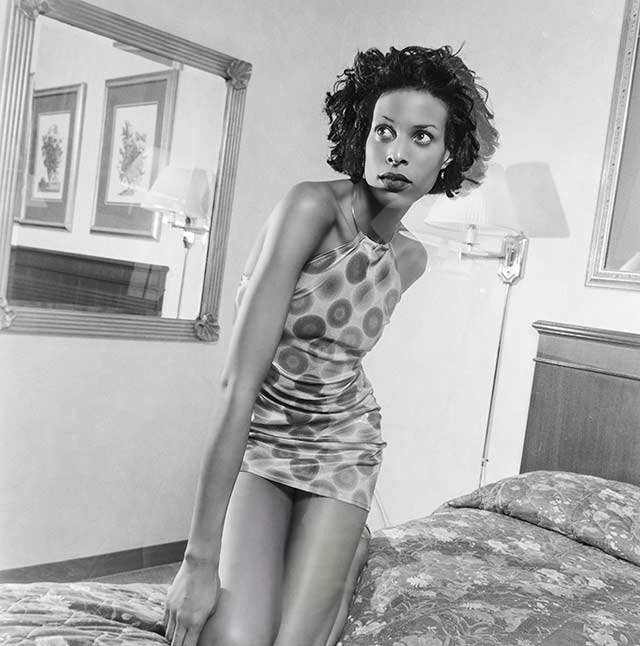
Meta on location
It is very common that photographers, fashion start-ups and designers often work with each other to build their portfolios. This image is from 1998 and was shot with B/W film I developed in my home lab. The grain texture is very easily identified from T-Max 400.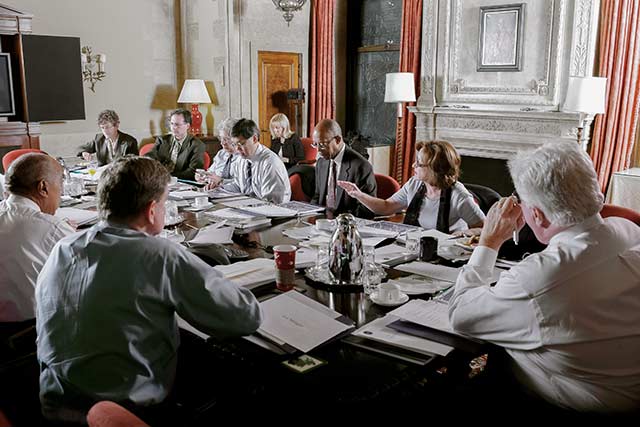
Board Meeting
I have covered many Board of Directors meetings in my career. And I consider it a sacred trust that institutions like The Ford Foundation, Carnegie, and The Commonwealth Fund allow me to be present at their meetings. My shortest high-level meeting lasted three clicks of the shutter. The speaker wanted privacy so I was asked to leave after 30 seconds of filming. But they still paid me my half-day rate as always.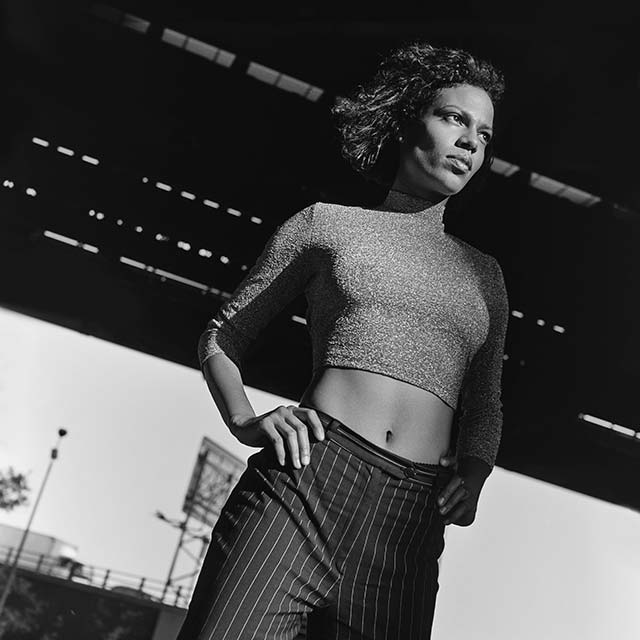
Brooklyn Model
When I test a fashion model, we normally spend a few days going to different spots around the city. I am a native New Yorker and I know my city well. But sometimes finding a bit of privacy and quiet can be difficult. Studios are great when you need a controlled environment but I love being pleasantly surprised on location.
Natural environments
We photographers are often asked to make photographs that don't feel too theatrical. The clients wants their customers to feel like they are already in their offices, having a meeting and discussing business. So it is my job to mix the light in such a way as to make it feel natural.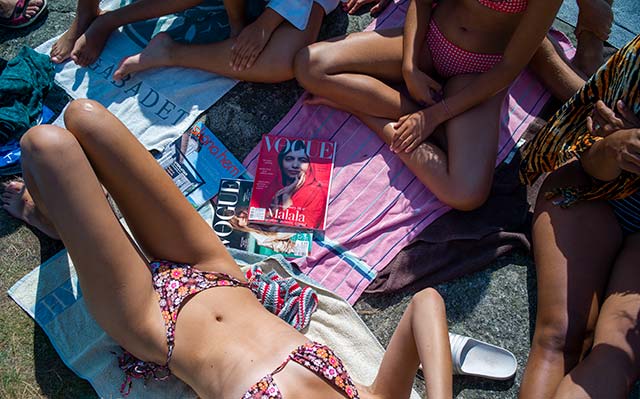
Bikinis at Brännö Beach
Sweden enjoys many freedoms that citizens from other countries can only dream about. As a Nobel Peace Prize recipient and an activist for women's rights to education, Malala Yousafzai has even graced the the cover of Vogue magazine.